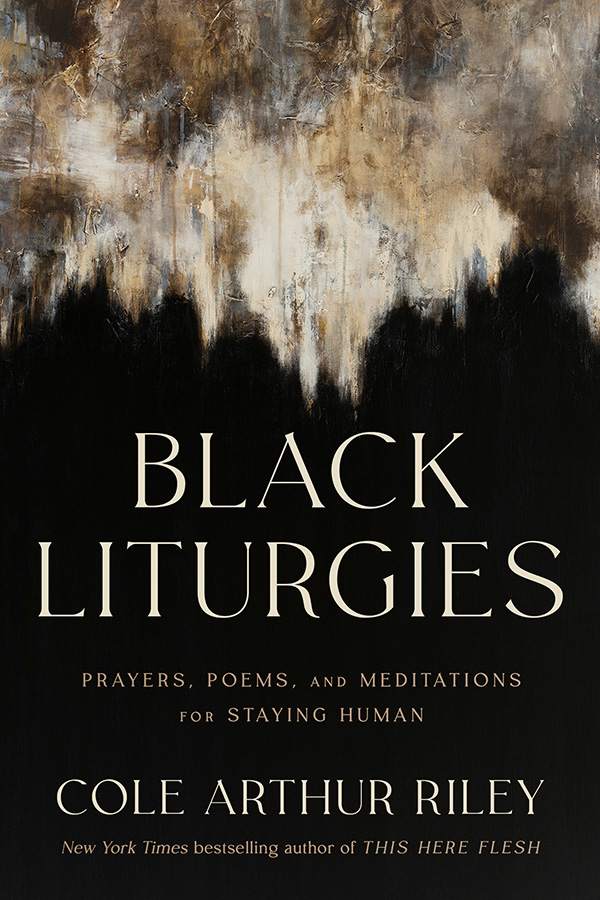I am a sports fan. I love coming home from worship on Sunday afternoons and watching NFL games. I wait anxiously each year for March Madness. I have even started watching the NBA now that I serve a church that sits across the street from the arena where they play.
I have my favorite teams, of course. I have lived in many places around the United States and tend to adopt the local teams and then carry them with me when I move on. It means there are very few teams for which I cannot legitimately root. I did not attend schools with heralded sports teams, so that has left me to root for the schools of my friends, or the ones I wish I had attended!
Recent years have been particularly sweet for football. Indianapolis Colts’ quarterback Peyton Manning had maternal grandparents who lived on the same street as the United Methodist Church parsonage in Philadelphia, Mississippi, where I spent my childhood years. I tagged along with my brother a time or two to play football with Peyton and his older brother (Eli was just born). I also remember my first visit to a football stadium, the New Orleans Superdome. This year’s Super Bowl was a particularly memorable one as the Colts played the Saints.
It was recently the liturgical season of March Madness and it was maddening! Nearly all of the top seeds have lost, including “my” Kansas Jayhawks (I spent my teen and early adult years in Kansas City). In many respects it has been a painful year. But in many others, it has been pure joy.
The heart of the gospel is rooted in the triumph of the underdog. Those unlikely to win get a second look by Jesus. Those who have been discounted end up with the prize. The ones with the odds against them come back to take the naysayers by storm. The tomb, meant to be the eternal home of a loser, was empty. The “loser,” the one with the longest shot at winning, won.
There are times, even with personal allegiances, when rooting for the favorite is difficult for me. Don’t tell my Brazilian husband, but when Brazil plays in the World Cup later this year I may secretly be rooting for the teams who oppose them (There is no possible soccer match where Brazil would be classified as the underdog!).
There is something about a Butler University basketball team or a Nigerian soccer team that makes you want to root for them. There is a kind of exuberance that comes with those who do not expect to win but will surely try their best to do so. In the end, don’t they really represent the majority of the people we seek to serve? Unlike the superstars and highlighted favorites, aren’t we here to serve the ones on the edge of elimination?
In the congregations and organizations we lead, how are the “underdogs” represented? How are the resources and energies of our settings focused toward assisting the most vulnerable, the undervalued, and the discounted ones?
Jesus Christ shared in table fellowship with many. He offered good news to all people and from many walks of life. Yet, he spent time with the “least of these” and proclaimed their nearness to the kingdom of God. The underdogs, not the assumed favorites, were leading the way to God’s reign. Talk about a busted bracket!
We are Easter people. We are people who worship the triumph of the “little guy.” So what are we doing to make this victory a reality in our communities, congregations, and organizations?
Cynthia Weems is senior pastor of First United Methodist Church in Miami, Florida.








